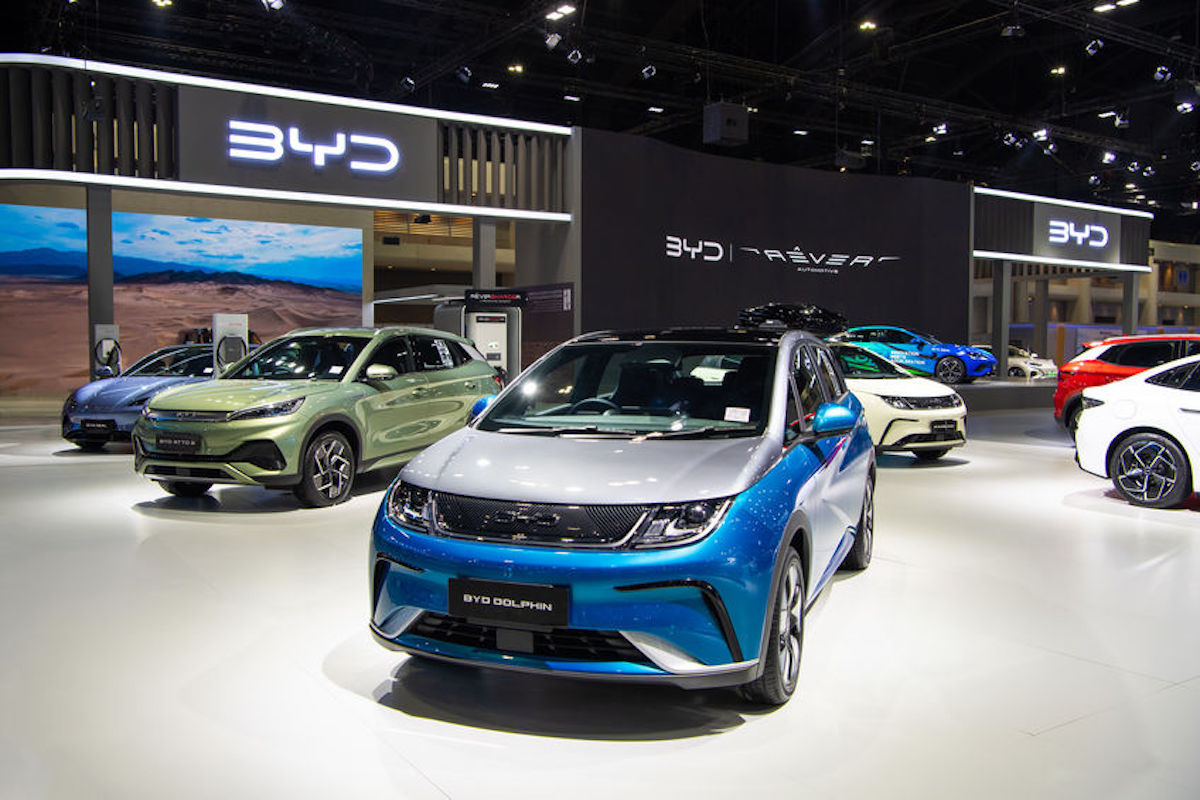Chinese electric vehicle exports to Brazil soar amid EU market challenges.

Chinese electric vehicle exports to Brazil have surged, positioning the country as the top destination for Chinese EVs this year. In April, exports of pure electric and plug-in hybrid cars to Brazil soared 13-fold year-on-year to 40,163 units, maintaining Brazil as the leading export market for the second consecutive month, according to data from the China Passenger Car Association (CPCA).
This significant increase follows a reduction in shipments to European markets due to an impending EU anti-subsidy probe. The European Commission’s decision on potential tariffs on Chinese EV imports is expected by early June. Consequently, exports to the EU fell nearly 20% in the first two months of the year, with notable declines in Spain, France, the Netherlands, and Norway.
Brazil, previously the tenth largest export market in January, saw its rank rise dramatically. Chinese EV exports to Brazil have increased ahead of a planned hike in import tariffs on EVs and hybrids, set to reach 35% by July 2026. This policy shift aims to boost Brazil’s domestic auto industry.
In response, several Chinese automakers are ramping up local investments. BYD is constructing a manufacturing complex, expected to commence production by early 2025, and Great Wall Motor is initiating operations at its Brazil plant this month.
Additionally, Brazil has become China’s second-largest export market for all cars, with exports jumping 536% to 106,448 units in the first four months of the year. Meanwhile, Russia remains China’s top car export market, with shipments increasing by 23% to 268,779 vehicles in the same period.
Despite disruptions in the EU, Chinese carmakers are actively exploring alternative markets in South America, Australia, and ASEAN regions, according to CPCA Secretary General Cui Dongshu. This strategic pivot underscores China’s adaptive response to global market shifts and regulatory challenges.
